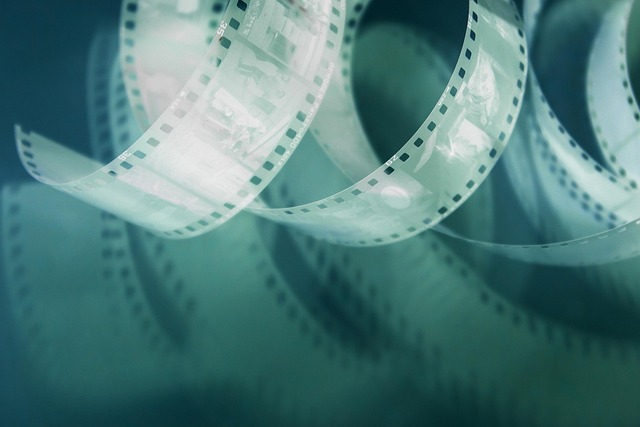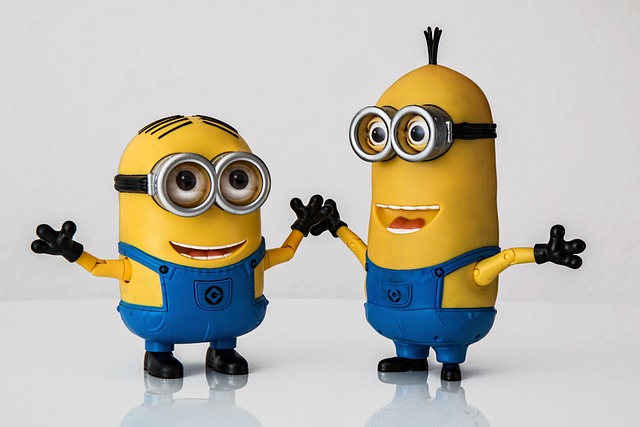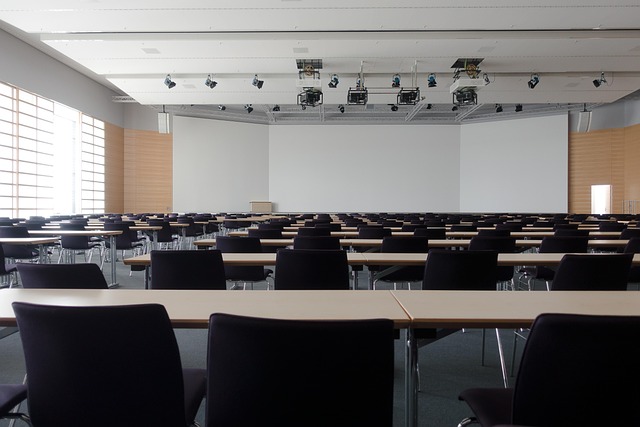
Diving into the Impact of Modern Film Scores on Culture and Entertainment
Film scores have an undeniable power that reaches far beyond the silver screen, weaving their way into the very fabric of modern entertainment and culture. In an era where visuals can dazzle and stories can enthrall, it’s the accompanying score that often transforms an ordinary viewing experience into an emotional journey. Every note holds the potential to evoke a memory, spark a feeling, or set the tone for an unforgettable moment. As we dive into the impact of these modern film scores, it becomes apparent how crucial they are in shaping both cinematic experiences and the cultural zeitgeist.
Consider the last time you watched a film that left a lasting impression on you. It’s likely that its score was a key component of your emotional response. Composers like Hans Zimmer, John Williams, and Hildur Guðnadóttir have crafted iconic scores that are as memorable as the stories they accompany. These scores do not merely exist in the background; they breathe life into the characters and plotlines, helping audiences connect with the film on a more profound level. When we hear the first chords of a beloved theme, it can instantly transport us to that moment of cinematic magic, reminding us of the laughter, the tears, and the excitement we felt.
The influence of film scores extends beyond just enhancing the cinematic experience; they often seep into our cultural consciousness. Think of the themes from blockbuster franchises like Star Wars,” “The Lord of the Rings,” or “Titanic.” These melodies resonate deeply with audiences, becoming anthems of whole generations. They infiltrate popular culture, appearing in commercials, events, and even in concert halls, showcasing the powerful relationship between film scores and society at large. In doing so, they become part of our collective memory, transcending the boundaries of the films they originate from.
Modern entertainment has evolved with technology, allowing for innovative collaborations between filmmakers and composers. The rise of streaming platforms like Netflix and Amazon Prime has opened up avenues for soundtracks to flourish in ways that were once unimaginable. Curated playlists and score releases have now become commonplace, as fans seek to relive those cinematic moments through music. Moreover, the use of soundtracks in various media – from video games to advertisements – showcases the versatility of film scores and their ability to enhance storytelling across different platforms.
Additionally, the impact of film scores on culture is not limited to their auditory experience. The visuals that accompany these scores create a rich tapestry that elevates the narrative. Iconic scenes, paired with memorable music, become imprinted in our minds, making it difficult not to associate the two. For instance, the haunting cello from “Joker” gives resonance to the film’s themes of despair and social alienation, turning them into an anthem for those who feel marginalized. In this way, film scores reflect societal themes, capturing the zeitgeist of the times and allowing audiences to explore complex emotions through sound.
The power of collaboration in modern film scoring also cannot be understated. Composers often work with directors, sound designers, and even musicians from various genres and backgrounds, creating a melting pot of cultures and sounds. This amalgamation of influences adds richness to film scores, making them more diverse and representative of the world we live in. As our society continues to grow and evolve, so too does the music that accompanies our stories, pushing the boundaries of tradition and inviting new interpretations.
In summary, modern film scores serve as a critical bridge between the cinematic experience and our cultural identity. They resonate emotionally, enhance storytelling, and reflect societal themes, making them an integral part of both cinema and our shared cultural experiences. As we continue to engage with new films and stories, one thing remains clear: the lingering melodies of film scores will continue to evoke emotions and shape our understanding of the world around us.



